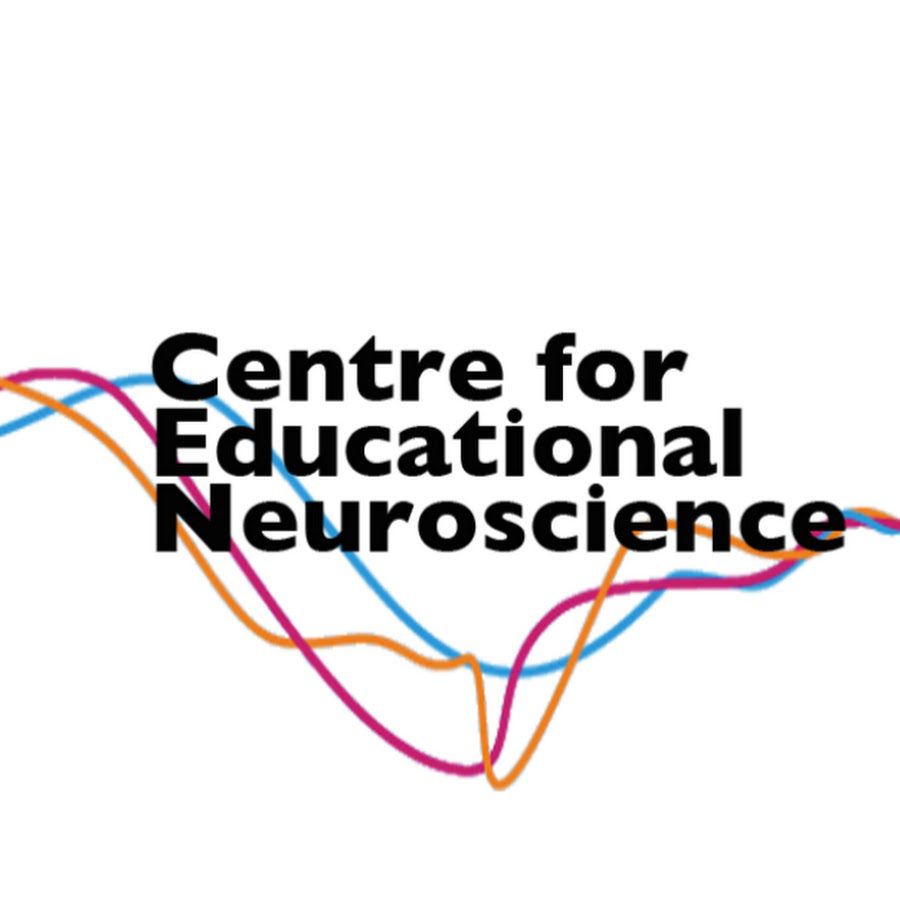How should a teacher respond to a parent who declares their child has high genetic educational potential? Dr. Emma Meaburn previously presented the latest research on the application of genomics to education, and the insights offered by identifying robust links between DNA differences and educationally relevant traits, particularly through the use of polygenic indices (PGIs).
In this talk, Prof Michael Thomas will consider the translation potential of genomic information for education, including implications for policy and practice. Such translation is premature (genetic information does not yet yield powerful enough predictions at the individual level to be useful). But the challenges are already here – large-scale health studies are offering participants information about their genetics, and access to education-relevant information, for example through direct-to-consumer companies, cannot be far behind.
Perhaps the greatest concern in the application of genomics to education is the fear of determinism – that genetic information may be interpreted as revealing inevitable outcomes. To address the fear, Professor Thomas will cover three areas.
First, he will distinguish the use of PGIs for research (to understand the causes of individual differences in a given population) from the use of PGIs for translation (to suggest how outcomes might be different under different circumstances, so-called counterfactuals). Changes in policy or practice have the goal of producing different outcomes. He will argue that deriving such translational implications needs an understanding of developmental mechanism.
Second, Professor Thomas will present computational modelling that simulates genetic effects on development. These mechanistic models allow testing of counterfactuals, in particular testing the effects of interventions or cohort effects (whole populations raised in different environments) on developmental outcomes. Is it less possible to change behavioural traits that are under stronger genetic ‘control’, that is, which have higher heritability? Are these more determined? The models suggest that because of developmental plasticity, high heritability traits are no less changeable through intervention than low heritability traits. Heritability is not destiny: genetic effects do not determine outcomes.
Third, he will outline the recent thinking of the CEN Genomics Working Group, which has identified four potential future pathways of genomic translation in education: in the areas of health, Special Educational Needs and Disabilities, personalisation, and population policy.
Finally, he will suggest how the teacher should respond to the parent who arrives with genetic information about their child!

